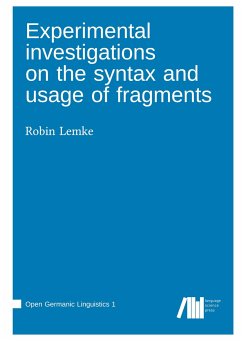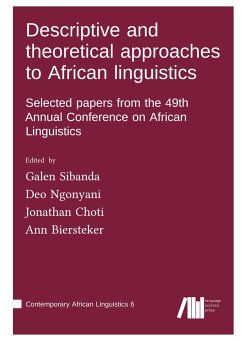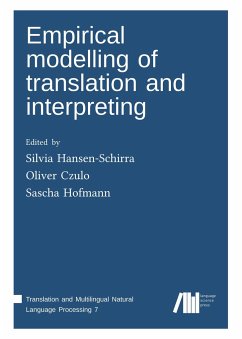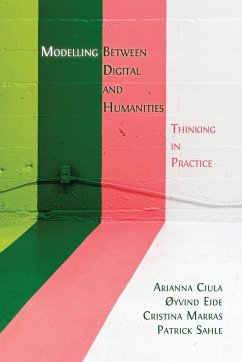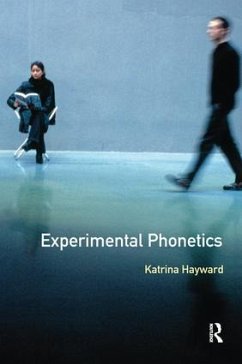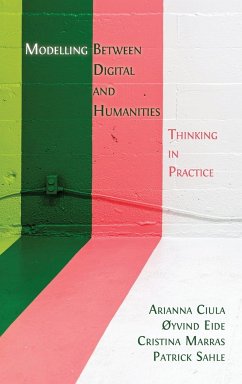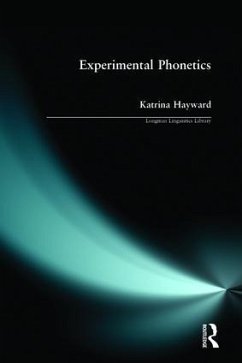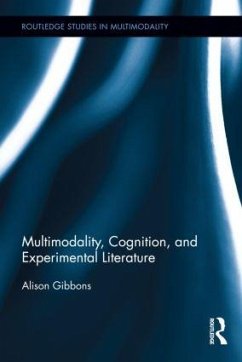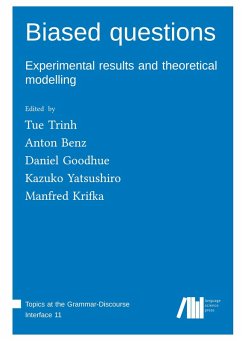
Biased questions : Experimental results and theoretical modelling
Versandkostenfrei!
Versandfertig in 1-2 Wochen
30,99 €
inkl. MwSt.

PAYBACK Punkte
15 °P sammeln!
Asking a question means, essentially, presenting the hearer with a set of propositions with the request that she choose from it those that are true. It is a well-known fact about natural language that questions can be "biased": the propositions presented are not all equal, so to speak. For example, the speaker's belief, or contextual evidence, might favor some against others. The formal means employed by grammar to express such biases have been of interest to linguists for a long time, and the investigation is still on-going. The contributions in this volume all pertain to biased questions. Th...
Asking a question means, essentially, presenting the hearer with a set of propositions with the request that she choose from it those that are true. It is a well-known fact about natural language that questions can be "biased": the propositions presented are not all equal, so to speak. For example, the speaker's belief, or contextual evidence, might favor some against others. The formal means employed by grammar to express such biases have been of interest to linguists for a long time, and the investigation is still on-going. The contributions in this volume all pertain to biased questions. They grew out of talks presented at the workshop Biased Questions: Experimental Results and Theoretical Modelling, which took place at the Leibniz-Zentrum Allgemeine Sprachwissenschaft as part of the ERC project Speech Acts in Grammar and Discourse (SPAGAD). The papers are written by mostly senior researchers of different expertise who have previously published on the same topic, and explore this fascinating linguistic phenomenon from a variety of theoretical angles: pragmatics, semantics, syntax, phonology, psychology, and acquisition. The languages under discussion include Chinese, English, Hungarian, Russian, Turkish, and Vietnamese. The collection provides the reader with a rich set of data and several open issues for future research.



